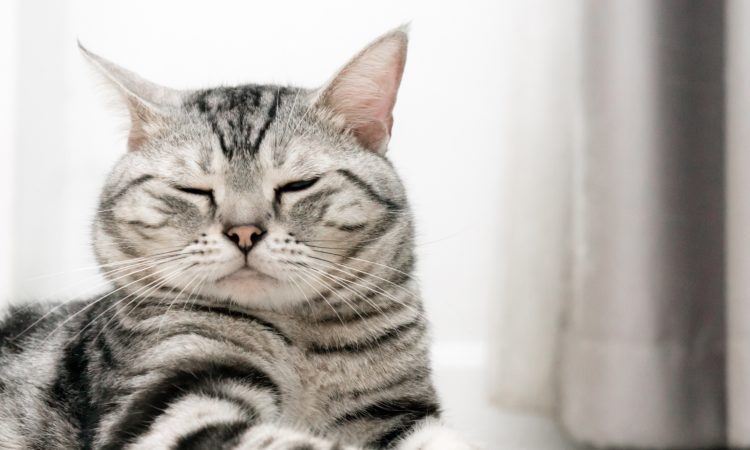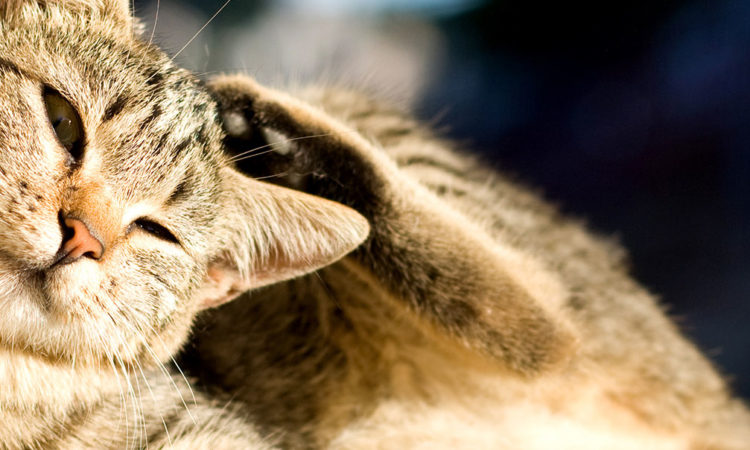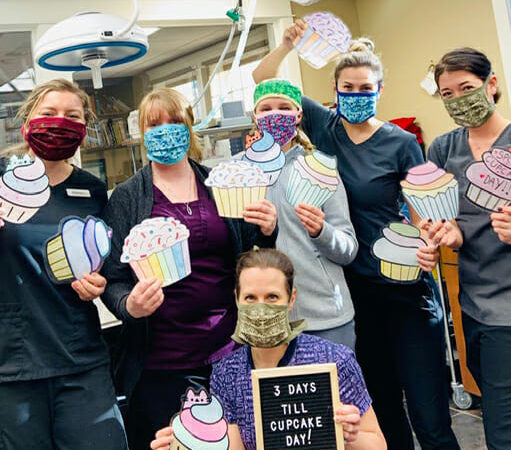At Van Isle Veterinary Hospital, we offer a wide range of on-site blood tests and laboratory services such as urinalysis, fecal exams, ear/skin cytology and fungassays. By having our own in-house laboratory, we do not have to rely on samples making it to the mainland in a timely manner and often have results within a couple hours.
Why does my cat need a blood screen?
Blood screens are important as they can aid your veterinarian in accessing your cat’s overall health. Typically, your veterinarian will recommend a blood test prior to any general anesthetic, to aid in the appropriate dosing and prescribing of long-term medications and to assess organ function. Common conditions we typically screen for in the aging cat is renal disease, diabetes and hyperthyroidism. Blood tests can also be used to detect viral diseases such as feline leukemia, immune diseases and infections.
How long does it take to get blood test results?
Most of our in-house lab testing is run the same day and depending on the test being run, we can have results anywhere from 30 mins to a few of hours. If your cat requires a send out test, meaning the sample is flown to the mainland for further evaluation, it can take 24 to 48 hrs to receive results.
What precautions should I take before my cat’s blood test?
Some blood tests require fasting, however, this isn’t as common for cats as it is for dogs. Your veterinarian will advise you on the appropriate steps required prior to your cat’s blood test.
How often should my cat have a blood test done?
Your veterinarian will recommend a blood test before any major sedation or general anesthetic and it may also be recommended to have regular blood tests run (annually or every other year) for senior cats. Cats are considered to be senior after 8 years of age. Regular blood screens are the most effective way to detect the early signs of renal failure in cats.
Do you also do Urinalysis and Biopsy?
Yes, here at Van Isle Veterinary Hospital we can offer both in-house urinalyses as well as biopsies. Collecting a urine sample from a cat can be a little trickier than from a dog. It is not uncommon for us to admit cats to the hospital for a few hours so we can control their fluid intake and urine output.






